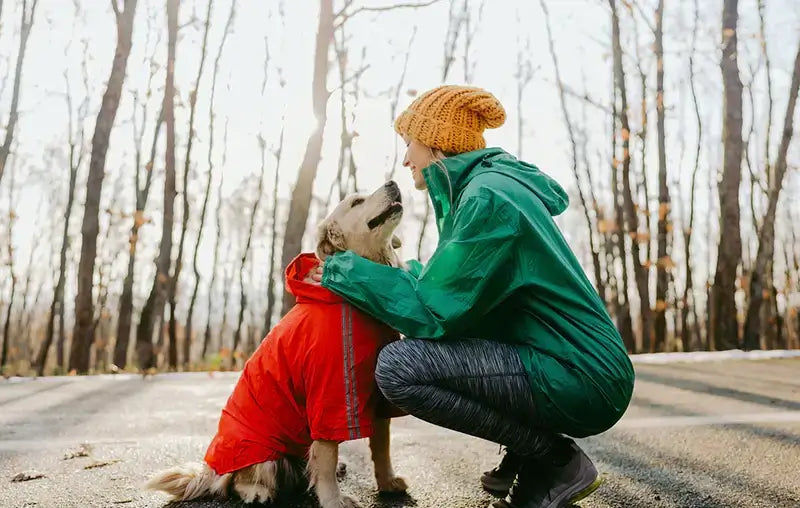
When you spend a lot of time with your dog each day, it’s easy to overlook little changes in his behavior and habits. But for dogs, minor changes can hold big clues to serious issues, like depression. Would you know how to tell if your dog was depressed? Paying close attention to the signals your dog is giving you can help you determine when he’s just not feeling like himself so you can take steps to help him feel better.
Reduced Energy
Reduced energy is a common symptom of depression in dogs. Your dog might appear lethargic and might not be interested in activities that he normally enjoys, like walks or games of fetch. He may also spend more time sleeping than usual.
Appetite Changes
A depressed dog may eat more or less than he usually does. He might lack interest in mealtime and snacks, or he might only be interested in eating only on certain days. Alternatively, some dogs eat more when they’re depressed, and you might notice your dog cleaning his bowl and even gaining weight.
Behavioral Changes
Canine depression can result in significant behavioral changes. Your normally affectionate dog might exhibit unusual aggression, or he might become standoffish and withdrawn. Circumstantial changes, such as a move to a new home, may be the cause. But if his behavior doesn’t return to normal within a reasonable time, then depression might be the cause.
Stressed Behaviors
Emotional upset in dogs can also lead to behaviors that indicate he’s stressed. These behaviors can include excessive licking and chewing. Some dogs may exhibit destructive behaviors such as chewing on furniture or other household items.
Illness and pain can cause depression, and many of the symptoms of depression in dogs can also be symptoms of physical problems.
If your dog is licking or chewing himself, check to make sure that there isn’t a physical issue, like a paw injury or hot spot.
How to Treat Depression in Dogs
If your dog is depressed, it’s important to start with a trip to the vet. Illness and pain can cause depression, and many of the symptoms of depression in dogs can also be symptoms of physical problems. It’s best to have your vet thoroughly examine your dog to either address or rule out any health issues. Your vet may ask questions about your dog’s lifestyle and might recommend that you increase his exercise or find ways to give him extra attention. In some cases, your vet might recommend trying a prescription medication to help support your dog’s mood.
If so, you may want to look into natural alternatives to prescription drugs. CBD products can support mood stability and help to make your dog more comfortable physically. Consider trying a product like Zebra CBD Canine Oil for whole-body wellness, or Zebra CBD Canine Stress & Calming Chews to promote more balanced behavior.
You may need to try a combination of changes to find the balance that’s just right for your dog, but by remaining aware of the signs of depression, you can make sure your dog gets the help that he needs to return to his happy-go-lucky self. 🐶










